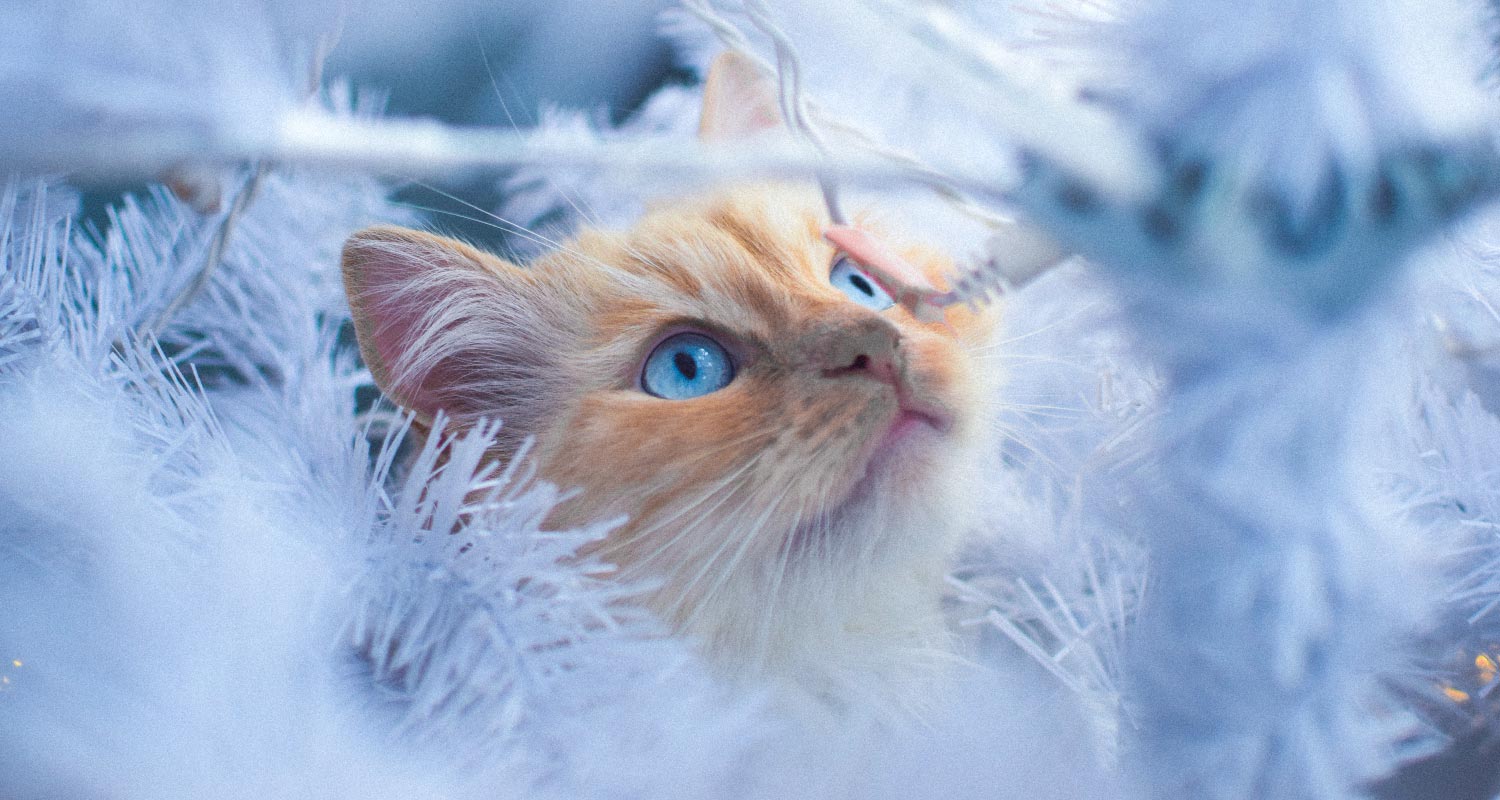HEALTH & WELLNESS

VOTING BOOTH

TRENDING

LIONS FOUNDATION OF CANADA DOG GUIDES
Lions Foundation of Canada Dog Guides and its founding program, Canine Vision Canada, was established in 1983. It’s the largest school of its kind in Canada with its training school in Oakville and breeding facility in Breslau.
CHRONIC KIDNEY DISEASE IS IRREVERSIBLE & INCURABLE

TREATMENT OF CKD OVERVIEW
Feline CKD is a progressive, degenerative disease that cannot be cured since the damage to the kidney that is characteristic for CKD is irreversible.
Although there’s no cure for chronic kidney disease (CKD) in cats, with the right treatment, it can be managed very successfully for many years without affecting the special bond between cat and owner.
WHAT ARE THE GOALS OF A TREATMENT PLAN?
The main treatment goals when managing feline CKD patients include:
- Reduction of hyperphosphatemia (electrolyte disturbance in which there is an abnormally elevated level of phosphate in the blood)
- Reduction of proteinuria (abnormally high protein levels in the urine)
- Reduction of hypertension
Successful treatment and management may:
- Control the signs and symptoms of CKD
- Reduce complications caused by CKD
- Slow the progression of the disease
- Maintain or improve the quality of life of the patient
- Extend patient survival
WHY IS A TREATMENT PLAN NECESSARY?
The phrase treatment plan is used because the approach to chronic kidney disease (CKD) should be multifaceted. It’s also fitting because treatment should be ongoing, consistent and adapted when necessary. There’s no quick fix and taking care of a cat with CKD is a responsibility that requires love and commitment.
If cat owners can continue to effectively meet these goals, they can increase both life expectancy and quality of life for their cats.
HOW TO CONTROL, REDUCE & SLOW DOWN CKD
Certain health conditions and diseases can lead to CKD, which in turn comes with its own problems. Here are a few ways cat owners can manage CKD and its effects on their cats:
- Stay on top of hydration at all times: drinking ample clean water is essential
- Ensure that affected cats routinely consume an appropriately nutritious diet
- Look for and address dangerous inflammatory diseases that may have gone unnoticed
- Treat symptoms, such as nausea, anemia and constipation with the guidance of your vet
- A veterinarian can determine if blood pressure is an issue and will advise how to control it
- Vitamin levels and mineral levels should be tested and supplements administered if necessary
- Several infections (e.g. urinary tract infections) can cause CKD, so be sure to check and treat them
- Managing phosphate and protein levels is a big part of CKD, so be sure to ask your vet to help you understand why and how
THE RIGHT MEDICATIONS CAN MAKE A MASSIVE DIFFERENCE
There are medications that can help treat CKD in cats and it’s important to choose the right one for your cat. Safety and effectiveness are important short- and long-term factors to consider, but ease of administration and how well the medication is received should not be ignored.
The sooner treatment is started, the sooner cats with CKD can live fuller, happier lives.









